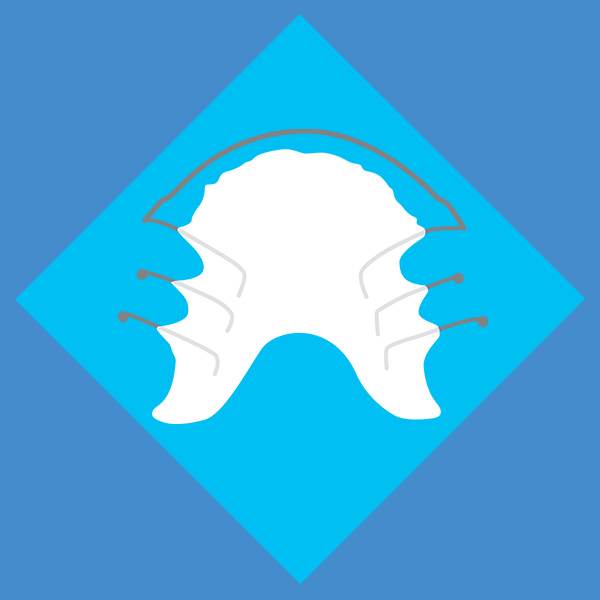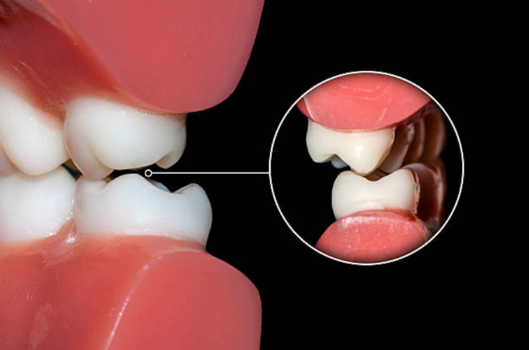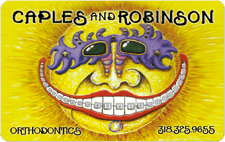Whether it’s for purely cosmetic reasons or to improve oral function, many people seek orthodontic treatment to help improve their smile. Braces and Invisalign® (clear aligners) are both popular options used for straightening teeth. Though both can be incredibly effective, each has their own unique strengths that can help determine which is better for your particular needs.
Benefits of Traditional Braces
Braces are a time-tested method for correcting problems with tooth alignment. As braces have become more comfortable, they are now much less inconvenient to wear. Whether you want fun colors or a more subtle look, braces are a good solution for patients of all ages. Since braces are completely customizable to the needs of your teeth, they are often the best solution for more complex cases where teeth need to be dramatically realigned to create a better bite.
Benefits of Invisalign® (Clear Aligners)
Invisalign® is a newer, less invasive approach to orthodontic care. Unlike braces, which are permanently fixed on your teeth for the duration of treatment, Invisalign® uses a series of custom-made trays to help slowly shift your teeth into a more optimal smile. Invisalign® is a great solution for those needing less intensive treatment. Being able to remove the trays when eating and brushing your teeth reduces the inconvenience of treatment and makes it easier to maintain proper oral hygiene.
Disadvantages
Both treatment options have their disadvantages as well. Traditional braces are a bit more prominent in their appearance. They are harder to maintain and keep clean. Clear aligners may be more subtle, but they can easily be lost when removing them to eat or drink if you are not careful. It can be a hassle to have to take them out in public.
Which Option is Right For Me?
As we have seen, both traditional braces and clear aligners offer great solutions. The best way to figure out the most appropriate treatment plan for you is to consult with our team. We will give you a full evaluation of your treatment needs and help you decide the best treatment plan accordingly. To set up an appointment with our orthodontist, or for any other questions, contact our office today.













